To help developers prepare for the Mac transition from Intel processors to Apple Silicon, Apple has launched a Universal App Quick Start Program, which "includes all the tools, resources, and support you need to build, test, and optimize your next-generation Universal apps for macOS Big Sur."

The program requires a brief application, with limited availability and priority for developers with an existing macOS application. The program costs $500 and includes access to beta software, developer labs, private discussion forum, technical support, and other resources.
On the hardware side, participants will receive exclusive access to a Developer Transition Kit (DTK), which resembles a Mac mini but uses Apple's A12Z Bionic chip from the latest iPad Pro as its brains. In addition to the A12Z Bionic, the DTK includes 16GB of RAM, a 512GB SSD, a pair of 10 Gbps USB-C ports, a pair of 5 Gbps USB-A ports, and an HDMI 2.0 port. Thunderbolt 3 support is not included.
On the communications side, 802.11ac Wi-Fi, Bluetooth 5.0, and Gigabit Ethernet are also supported. An FCC filing for the DTK reveals that it carries an Apple model number of A2330, which was the lone new Mac model number that appeared in the Eurasian Economic Commission's database earlier this month.
Notably, the DTK remains the property of Apple and must be returned at the conclusion of the program. Participants must also agree to a number of restrictions against tearing the machine down, using it for work other than development related to the program, or renting or leasing it out.
The Universal App Quick Start Program is similar to one Apple launched for the transition from PowerPC chips to Intel processors back in 2005. In that case, the program cost was $999 and participants were provided with loaner machines based on the Power Mac G5. As with the new DTK machines, those Macs also had to be returned at the end of the program, although Apple did provide participants with a free first-generation Intel iMac upon returning the developer kit as bonus.
Apple has made no promise of a similar bonus this time, so it remains to be seen whether program participants will get any hardware to keep.


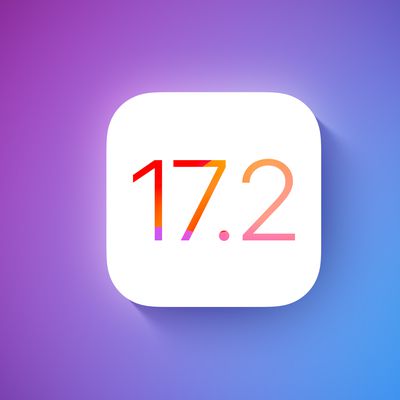
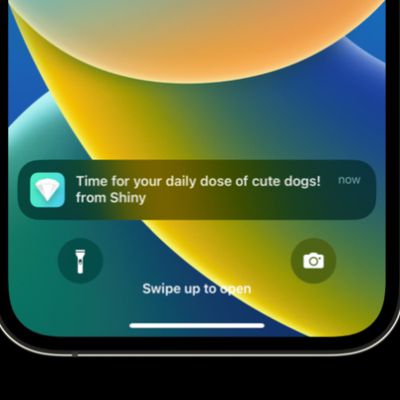

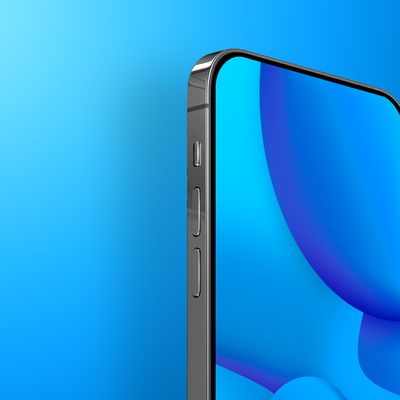
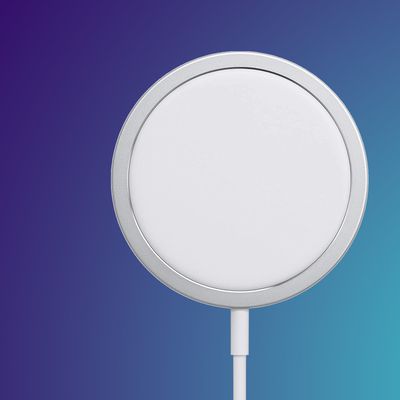
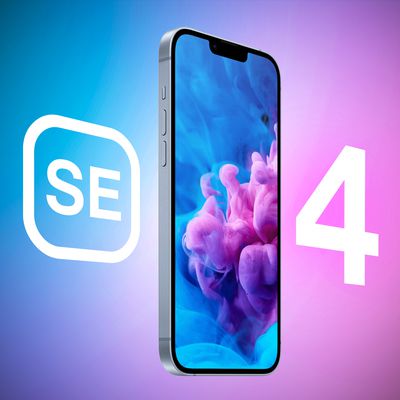

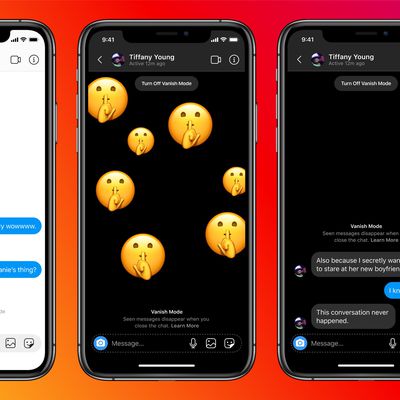









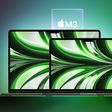



Top Rated Comments
Future Mac-specific SoCs can easily add TB support.
Intel support will be for many, many years.
As for "fat binaries" that support x86 and ARM architectures, that is a possibility.
Yup.
You perhaps would not be one of the developers Apple would be prioritizing with the initial shipments.
They'll probably have USB 4 when shipping, which is essentially Thunderbolt 3 with a different name.